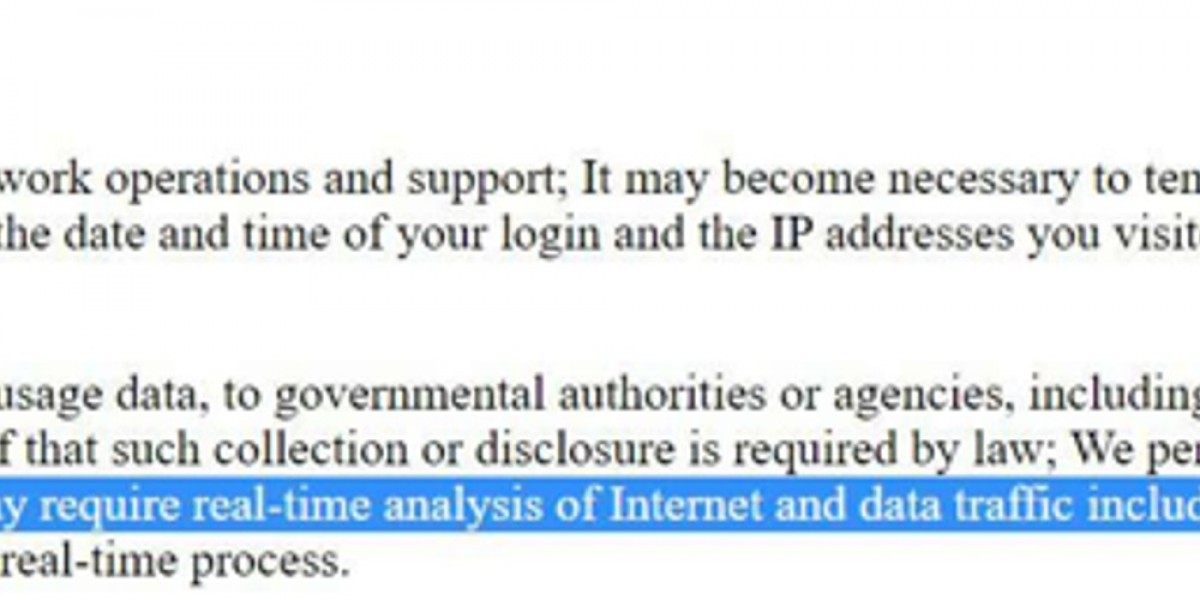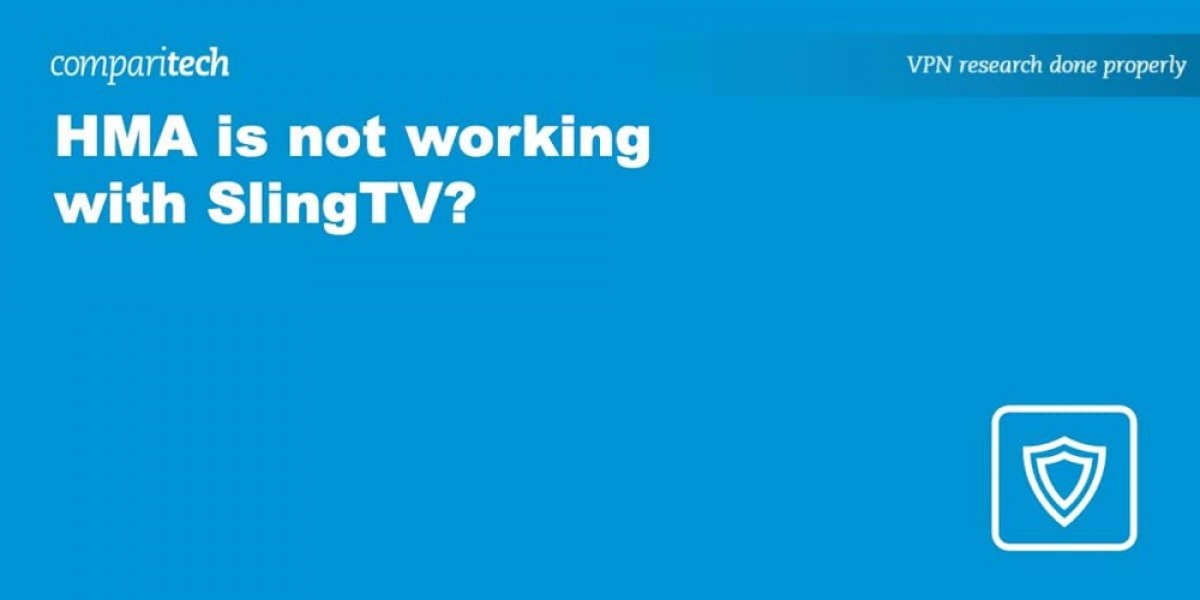Hidden Dangers of Free VPNs
In the digital age, the allure of free VPN services comes with hidden costs that users should carefully consider. While promising anonymity and security, these services often operate on a different business model than their paid counterparts.
Free VPN services typically monetize through alternative means that may compromise user privacy. Recent analysis of popular free VPN applications reveals concerning practices across both Android and iOS platforms.
For Android users, the landscape appears particularly troubling. Not a single free VPN among the top offerings provides adequate data protection measures. Many request excessive device permissions that far exceed what's necessary for VPN functionality.
iOS users fare somewhat better, with approximately half of the examined services offering reasonable protection standards. However, significant concerns remain across both platforms.
The most common issues identified include:
• Aggressive advertising frameworks embedded within applications
• Multiple tracking components that monitor user behavior
• Significant connection speed reductions, often exceeding 90%
• Invasive logging policies that capture browsing activities
• Potential data sharing with third-party advertisers
Permission requirements represent a particular concern. While legitimate VPNs require minimal access to function properly, many free services request dangerous levels of device access. These can range from reading contacts to accessing camera functionality—capabilities entirely unnecessary for VPN operation.
The tracking ecosystem built into these applications further undermines their stated privacy benefits. Static analysis revealed numerous tracking components designed to collect user information beyond what's required for service improvement.
Perhaps most concerning are the logging practices. While reputable VPN services maintain strict no-logs policies, many free alternatives actively collect:
• Connection timestamps
• IP address information
• Browsing history
• Application usage patterns
This collected data creates significant privacy vulnerabilities, potentially exposing the very information users hoped to protect.
For users genuinely concerned about online privacy, these findings suggest free VPN services may represent a false economy. The hidden costs—paid in personal data rather than currency—often outweigh the apparent financial savings.
Digital surveillance tools were detected in 108 apps
with tech giants accounting for three-quarters of hidden data collectors
The tracker ecosystem showed clear corporate dominance
Alphabet's services led with 61 monitoring components detected
representing 55% of total identified surveillance mechanisms
Meta platforms followed with 23 tracking elements (21%)
Smaller players collectively contributed 17 tracking systems
Flurry analytics accounted for 5 data-gathering modules
while Moat and AppsFlyer each deployed 4 tracking units
Advertising networks from Unity3D matched
the 4-unit installation pattern of other minor participants
Third-party services demonstrated varied infiltration tactics
with multiple trackers often operating simultaneously in apps
Many free VPN providers rely on advertising to generate revenue, and one of the most lucrative methods is selling user data to other network services. While this practice can help improve their services, it also raises significant privacy concerns for users.
In contrast, paid or premium versions of these same VPNs typically do not display ads, as the subscription fees cover the cost of running the service.
When using a VPN, it's common to experience a reduction in internet speed. This slowdown can be attributed to several factors, including the distance to the server, the encryption method employed, and the server load. To assess the impact of a VPN on your connection, you can use a speed test tool such as Speedtest.net. Conducting a test before and after enabling the VPN will give you a clear picture of the performance difference.
Our analysis from Speedtest.net reveals that the majority of free VPNs available on the Google Play Store significantly reduce connection speeds, with many decreasing it by more than 50%. Some even throttle the speed by over 70%.
It’s crucial to understand the limitations of any speed test, as the internet's inherent volatility and various external factors can influence the results. These include the proximity to the VPN server, the time of the test, potential issues with your ISP or the VPN provider, server overload, and the specific protocol used. Additionally, changes in the service, such as bandwidth upgrades or an increase in user numbers, can also affect the test outcomes.
Some applications require your location to function properly, but a VPN should not need this information. If a VPN app is requesting your location, it may be a red flag regarding its privacy practices.
Risks of Free VPN Services
Free VPN services often market themselves as privacy guardians
yet many secretly harvest user information through hidden logging practices
While claims of 'no-logs policies' sound reassuring
the devil lies in how providers define and implement these terms
Your digital fingerprints remain vulnerable through three primary data categories
Activity Traces record every online move - visited sites
file transfers
and even message contents
Services maintaining these detailed records essentially mirror your ISP's surveillance
rendering VPN usage pointless for privacy protection
Location Identifiers pose different risks
When providers log originating IP addresses or server connections
they create breadcrumbs leading back to devices and locations
This data becomes goldmines for advertisers building profiles
or authorities compelling disclosure through legal pressure
Even seemingly harmless Service Metrics can endanger anonymity
Timestamps and connection durations become risky when tied to
personal accounts created with real emails or payment details
Pseudonymous sign-ups help
but true privacy requires providers that discard all session data immediately
Smart users prioritize VPNs with independently audited infrastructure
and open-source code that proves claims of data minimization
Remember: If the service is free
your browsing habits might be the actual product being sold
Digital privacy faces hidden risks in free VPN ecosystems
Our analysis reveals alarming data practices among no-cost providers
Over 100 service agreements examined show widespread tracking permissions
Three critical considerations for security-conscious users:
- Revenue streams dictate data handling - ad-supported models often trade privacy for profit
- Connection metadata retention differs from activity logging - understand what's stored
- Opaque affiliate partnerships frequently enable third-party data sharing
Pseudonymous data collection remains common across "zero-cost" services
Terms of service agreements typically authorize commercial data exploitation
While not universal, 83% of analyzed providers reserve rights to sell aggregated insights
Proactive protection measures include:
- Auditing permission requirements before installation
- Comparing privacy policies against GDPR standards
- Testing IP/DNS leaks during free trial periods
Premium alternatives with temporary free access offer safer browsing solutions
Trial-based services generally maintain stricter no-logging commitments
Reputable paid providers often disclose third-party audit results publicly
Comprehensive VPN evaluation frameworks available through digital rights organizations
Independent testing methodologies help identify trustworthy privacy tools
What is a Netflix VPN and How to Get One
A Netflix VPN is a specialized virtual private network service that enables viewers to bypass geographical restrictions on streaming content, allowing access to shows and movies available exclusively in other countries. By masking your actual location and routing your connection through servers in different regions, a Netflix VPN effectively tricks the platform into displaying content libraries that would otherwise be unavailable in your area. This technology has become increasingly popular among streaming enthusiasts who want to explore the full range of international content Netflix offers rather than being limited to their local catalog.
Why Choose SafeShell as Your Netflix VPN?
If people want to access region-restricted content by Netflix VPN, they may want to consider the SafeShell VPN. This service offers several key advantages that make it a top choice for streaming enthusiasts. 1. High-speed servers specifically optimized for Netflix ensure seamless and uninterrupted streaming, allowing you to enjoy your favorite shows in high definition without any buffering. 2. The ability to connect up to five devices simultaneously means you can stream on multiple devices, including Windows, macOS, iOS, Android, Apple TV, Android TV, and even Apple Vision Pro. 3. Exclusive App Mode lets you unlock and enjoy content from multiple regions at the same time, providing a broader range of entertainment options. 4. Lightning-fast speeds with no bandwidth limitations mean you can stream, download, and browse without any throttling or interruptions. 5. Top-level security features, such as the proprietary "ShellGuard" protocol, ensure your online privacy is protected. 6. A flexible free trial plan allows users to experience the high-speed connectivity and enhanced security of SafeShell VPN without any commitment.
A Step-by-Step Guide to Watch Netflix with SafeShell VPN
To start using SafeShell Netflix VPN , the first step is to subscribe to the service. Visit the official SafeShell VPN website and explore the various plans they offer. Choose the one that best suits your needs and budget, then click on the "Subscribe Now" button to complete the subscription process.
Once you have subscribed, the next step is to download and install the SafeShell VPN app. Go back to the SafeShell VPN website and select the device you will be using, whether it’s a Windows PC, macOS, iOS, or Android. Download the appropriate version of the app and follow the installation instructions to set it up on your device. After installation, launch the app and log in with your account credentials.
With the app installed and logged in, you can now choose the mode and server. For the best Netflix experience, it is recommended to select the APP mode. Next, browse through the list of available servers and pick one located in the region whose Netflix content you want to access, such as the US, UK, or Canada. Click on "Connect" to establish a secure connection. Finally, open the Netflix app or visit the Netflix website, log in with your account, and enjoy streaming the content from the selected region.






